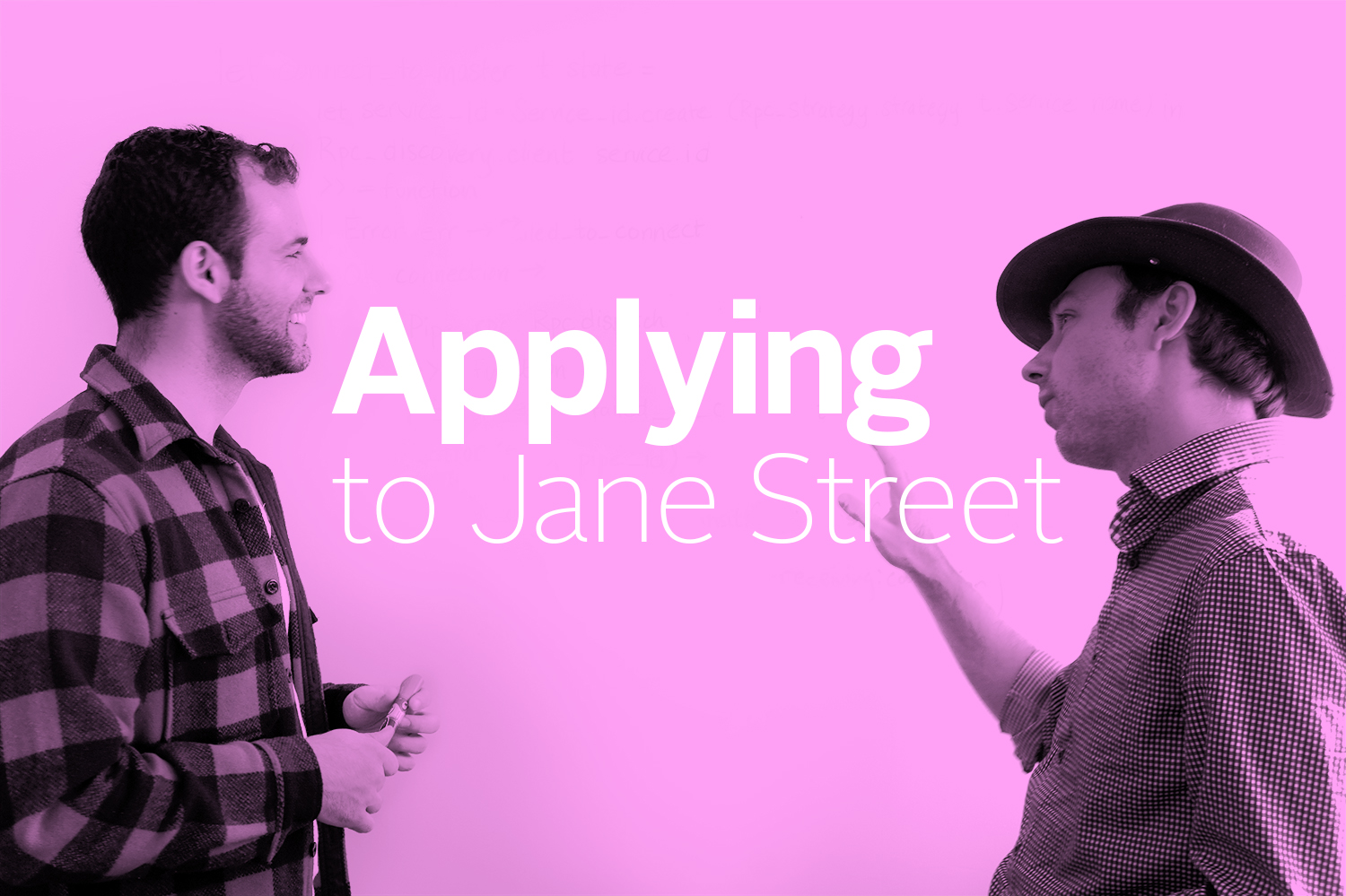One of the joys of working at Jane Street for the last 15 or so years has been seeing how our software stack has grown in scope. When I started, I was building pretty narrowly focused systems for doing statistical research on trading strategies, and then building systems for executing those same strategies.
In the decade or so since then, the software we’ve built has grown in all sorts of unexpected directions, reflecting the diverse needs of our business, which is way richer and more complex than I would have imagined at first.
Whatever the purpose of the systems we’ve built, be it mail-handling, marketdata or machine learning, we’ve built nearly all of them in OCaml. That has its ups and downs of course; no language is perfect for everything. But we’ve gotten a lot of benefit from having a unified development environment, with shared tools, libraries and idioms that we’ve been able to hone to the benefit of the whole organization.
The latest extension of this has been into the space of FPGA applications. FPGAs are an increasingly attractive form of reconfigurable hardware, and we’ve been excited to have Andy Ray join us and help us figure out how to build them effectively, while leveraging the value we get from our existing OCaml codebase.
If you want to learn more about it, Andy’s giving a talk in our New York office on April 18th, and you can find the details of how to sign up here.







